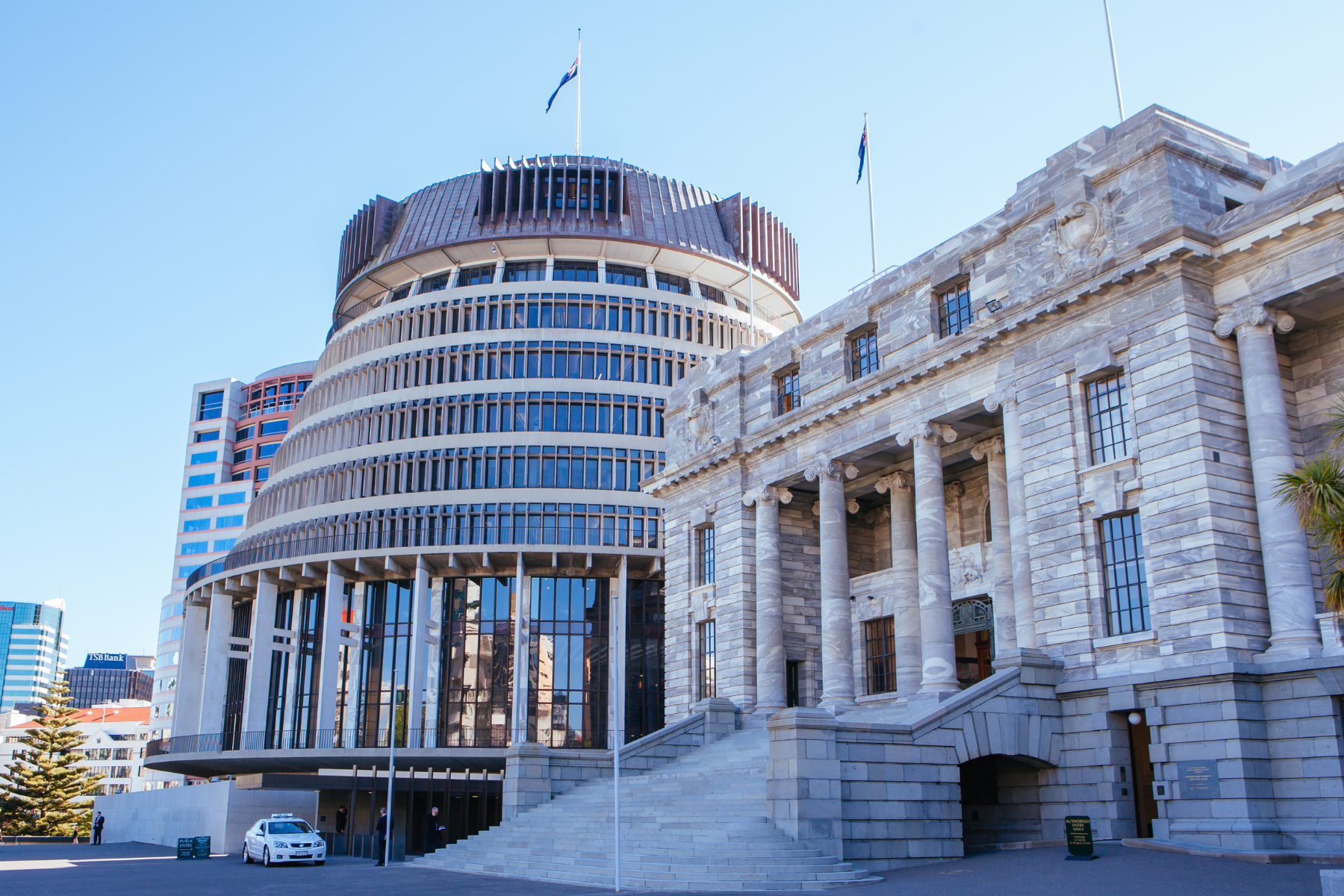Change is just around the corner
Mar 18, 2024
Fresh from the 2023 election, the newly-elected government has introduced a series of significant changes poised to affect both you and your business. As further adjustments loom on the horizon, we dive into some of the most notable changes and their implications for you below:
Minimum wage increase
First up, an increase to minimum wage rates. Effective April 1, 2024, the adult minimum wage in New Zealand will rise by 2 per cent to $23.15 per hour. Meanwhile, training and starting wages will continue at 80 per cent of the adult minimum wage, reaching $18.52. We're witnessing market pressures at the moment as employees who are presently paid above the minimum wage are also advocating for wage increases. It will be up to business owners as to whether or not they can continue to stomach the ongoing wage pressure and if the consumer will continue to accept price increases. The market is starting to tell us maybe not, and with the unemployment rate rising (and expected to continue to rise), this perhaps tells the story that perhaps people are thankful to simply have paid employment.
Interest deductibility restoration
As promised, the government will reintroduce deductibility for mortgage interest on residential investment properties. Starting April 1, 2024, affected taxpayers can claim 80 percent of their interest expenses, with full deductibility returning by April 1, 2025. The government is banking on this reducing the pressure on landlords as well as taking the heat out of rental price increases. Whether or not this actually delivers is a different story.
Trust tax rates and dividends
Also from April, trust tax rates will align with the top personal tax rate of 39 percent on the proviso that the total net income of the trust is over $10,000. Trusts that do not exceed the $10,000 threshold will continue to be taxed at 33 percent – effectively creating a two-tier system. Where trusts are shareholders in Companies with retained earnings, consideration should be given to paying these out before 31 March at the lower rate of 33 percent.
Bright-line property rules
Come July, bright-line property rules will also change. Bright-line testing will only apply to properties sold on or after 1 July 2024 if the property is sold within two years of acquiring it. This will apply to both new builds and all other properties. Keep in mind that other property sale rules will still apply such as whether you have a pattern of buying and selling your main home. Consider using the Inland Revenue’s property tax tool here if you’re unsure whether you’ll need to pay tax on the sale of property.
Personal tax reduction
The Government still appears to have the intention of reducing personal tax rates with these likely to come into effect by 1 July 2024. Exact figures for these reductions are yet to be announced - all eyes will be on the May budget for more detail on the proposed changes.
Building depreciation
We’re also keeping a keen eye on the possible removal of tax depreciation on commercial buildings. With cross party support for this particular initiative, it may only be a matter of time before this is enacted, creating significant cashflow implications for commercial property owners.
What we're witnessing is a series of rapid changes initiated by the incoming government with the aim of bolstering the economy. While it's crucial to understand the implications for your business, our firm message for business in what will be a tight year economically speaking, is to prioritise the fundamentals of ensuring profitability and robust cashflow management.
Governments come and go, policies change. Manage what you have control over.
